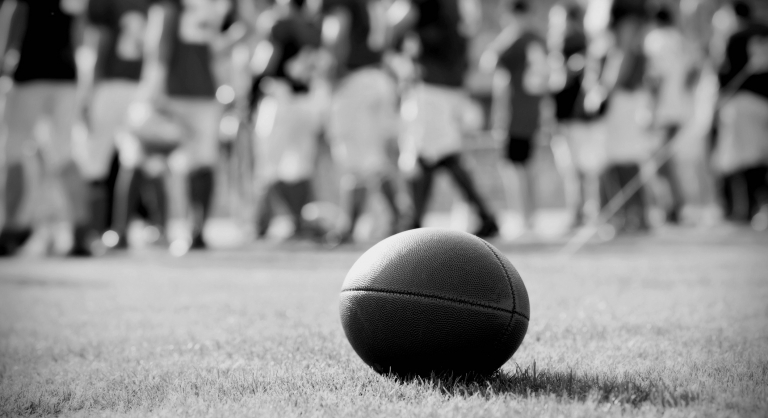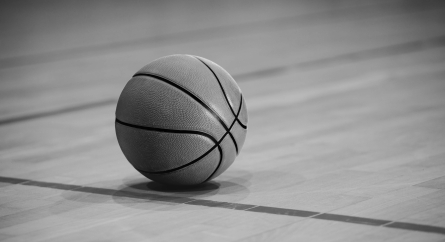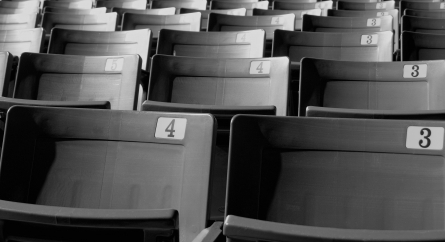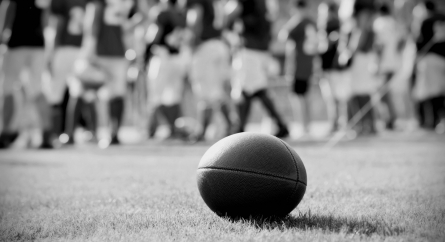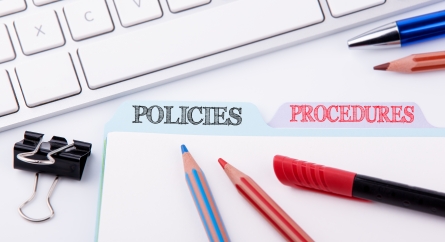The Big Business of Amateur Athletics: Developments in College Sports
In a 10-day span at the end of June, major developments took hold on the National Collegiate Athletic Association (“NCAA”) that could have life-changing effects on its student-athletes.
First, on June 21, 2021, the United States Supreme Court handed down its decision in NCAA v. Alston, a case in which current and former collegiate student-athletes alleged that the NCAA violated federal antitrust law by limiting the compensation they could receive in exchange for their athletic services.
Under existing NCAA rules, institutions are generally allowed to provide tuition scholarships and to cover basic expenses like textbooks and room and board, but most other forms of compensation are banned. Following a bench trial, the United States District Court for the Northern District of California entered judgment in the athletes’ favor with respect to education-related benefits, permanently enjoining the NCAA from limiting what education-related benefits member conferences and/or schools can provide. The Supreme Court issued a narrow ruling upholding the District Court’s decision, affirming that the NCAA cannot prohibit member schools from providing athletes with certain forms of education-related benefits, such as paid post-graduate internships, scholarships for graduate school, or free laptops or musical instruments. For now, however, the NCAA can continue to restrict benefits that are unrelated to education (such as cash salaries).
That said, a second development paved the way for student-athletes to obtain alternative financial compensation. On June 30, 2021, the governing bodies of all three NCAA divisions adopted a uniform interim policy suspending NCAA name, image, and likeness (“NIL”) rules for all incoming and current student-athletes in all sports, providing the following guidance to college athletes, recruits, families, and member schools:
- Individuals can engage in NIL activities that are consistent with the law of the state where the school is located.
- Colleges and universities may be a resource for state law questions.
- College athletes who attend a school in a state without a NIL law can engage in this type of activity without violating NCAA rules related to name, image, and likeness.
- Individuals can use a professional services provider for NIL activities.
- Student-athletes should report NIL activities consistent with state law or school and conference requirements to their school.
Notably, rules regarding (and prohibiting) pay-for-play and improper inducements to attend a particular school remain in effect.
The temporary NIL policy will remain in place until federal legislation or new NCAA rules are adopted. Schools and conferences may choose to adopt their own additional policies.
Client Tip
More information about the interim NIL policy can be found on the NCAA’s website. Institutions seeking to provide resources for their student-athletes concerning state law questions and/or to impose reporting requirements should consult with legal counsel.
For more information, please contact the alert author or your Bowditch attorney at 508-791-3511.
This update has been prepared for informational purposes only and it is not legal advice. The content may be considered advertising for legal services under the laws and rules of professional conduct of the jurisdictions in which we practice.
Categorized: NCAA
Tagged In: college athletics, NCAA, NIL


